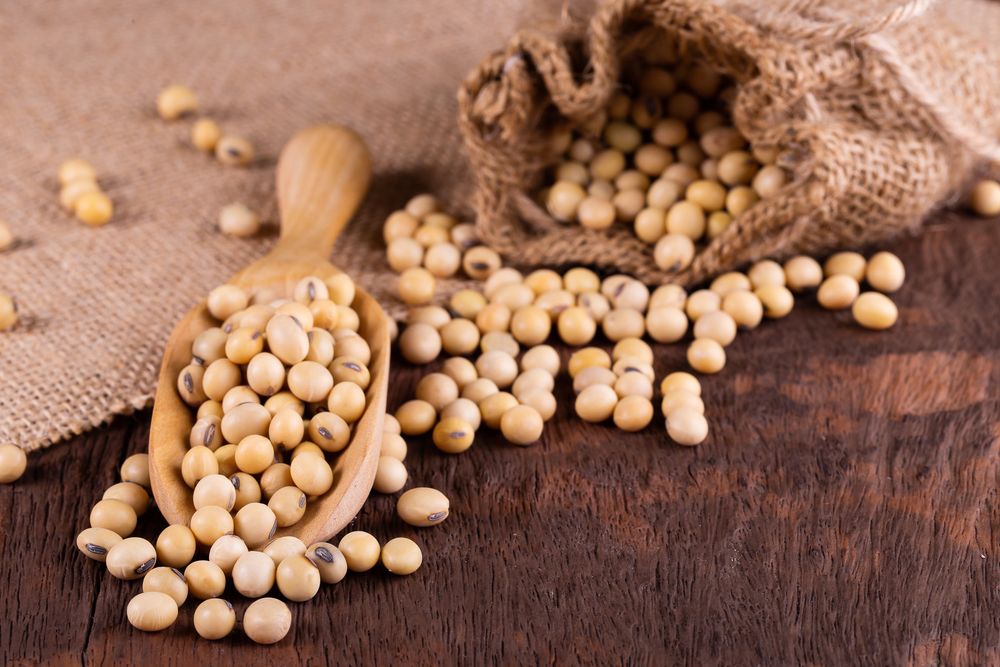The soybean crop is of great social and economic importance globally. Soybean is regarded as an oilseed comprising of several nutrients including, minerals, vitamins, carbohydrates, and protein. Soybean derivatives are extracts of by-products and soybean seeds. Soybean offers over 50% of oilseeds supply. The soybean derivatives are exemplary dietary supplements fit for both vegan and vegetarian consumers. These derivatives are highly rich in healthy fats, nutrition, protein, and several other ingredients. The soybean derivatives are less expensive dietary supplements.
The global soybean derivatives market is highly influenced by the predominant adoption of these derivatives in food preparation due to the rising protein consumption. Soybean derivatives are widely processed to prepare potato chips, mayonnaise, bread sauces, baked goods, salad dressings, and several other items. Residual fibers are extracted from soybean oil and are utilized in preparing feed for pets, swine, bovine, and aquaculture. However, the animal feeds sector is at the brim due to the high meat production and demand for animal products globally. Soybean derivatives are also used in biodiesel, bioplastics, coatings, and paints. One of the primary key factors fueling the growth of the global soybean derivatives market is the surging environmental awareness regarding lowering greenhouse gas emissions.
The growing importance of recycling and demand for substituting scarce resources like wood is likely to positively influence the utilization of soybean derivatives for a large number of applications, including the production of biocomposites. Biocomposites find a large number of applications in packaging aerospace, automobile, and construction sector due to their eco-friendly nature. In addition, biocomposites are used in the plastic industry to manufacture truck bed lining and carpet backing, which in turn is likely to positively influence the growth of the global soybean derivatives market in the forthcoming years.
The global soybean derivatives market can be segmented into application, lecithin, type, and region.
By application, the market can be segmented into the biodiesel, feed industry, food industry, and others.
By lecithin, the market can be segmented into water, enzymes, and acid.
By type, the market can be segmented into soy protein, soy meals, soy nuts, soy flour, soybean oil, and others.
North America accounts for the largest share in the global soybean derivatives market as it is the largest exporter and producer of soybean globally. Furthermore, the presence of prominent market leaders in the region will also support the growth of the regional market.
Asia Pacific is expected to foresee a high growth rate in forthcoming years due to the high domestic consumption of soybean derivatives in the region. Furthermore, the government policies and regulatory propensity are likely to support the growth of the bioplastic sector, which in turn will also fuel the growth of the regional market.
Some of the significant players in the global soybean derivatives market are Louis Dreyfus Commodities and Cargill Inc., Ag Processing Inc, Archer Daniels Midland Company, Noble Group Ltd., Ruchi Soya Industries Limited, Wilmar International Company, DuPont Nutrition and Health, CHS Inc, and Bunge Limited. To cite, Bunge Loders Croklaan in February 2020 introduced plant-based meats at National Products Expo West’20 to expand the oil product portfolio.
